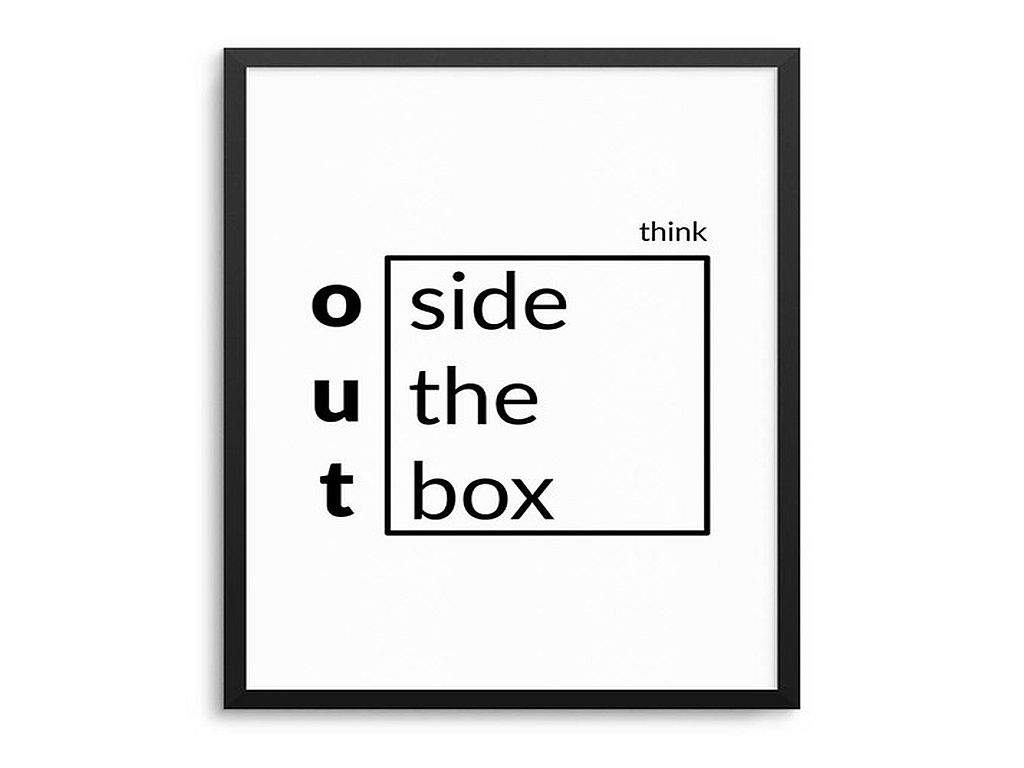OfficeMax says it’s time to think outside the box!

Office workers keen to 'trim the fat' in corporate jargon.
Corporate jargon has been a feature of the business community for decades but a survey by OfficeMax New Zealand has found that, for a handful of well-worn phrases, the time might be up.
In an online survey, OfficeMax interviewed more than 500 office-based workers from across New Zealand to gauge which jargon is used most frequently and which may have reached the end of their workplace shelf-life.
The most commonly observed workplace jargon phrases are:
1. Moving forward (64%) – meaning next time or in the future
2. On the same page (59%) – meaning to be in agreement
3. Touching base (56%) – meaning to email, talk to or generally communicate with
4. Reaching out (41%) – meaning to contact someone by email, phone or other method
5. Outside the box (41%) – meaning to think or approach something differently
Other jargon regularly used in the workplace, from a list of 25, include “key learnings”, “on my radar”, “at capacity”, and “deep dive”.
While these phrases are used most frequently, they aren’t the most hated by office workers. The top five phrases that workers would rather see the back of are:
1. Trim the fat (48%) – meaning to make something more concise, reduce or downscale
2. Boil the ocean (43%) – meaning to overcomplicate things
3. Bleeding edge (43%) – meaning at the forefront of some kind of innovation
4. Low-hanging fruit (35%) – meaning things you can do quickly or easily
5. Are you aligned? (30%) – meaning do we have the same stance or viewpoint
Other unpopular terms included ‘’new normal’, ‘shift the dial’, ‘synergy’, and ‘reinvent the wheel’.
“While jargon can signal belonging or participation in a professional community, it can also cause confusion and leave some feeling excluded,” Kevin Obern, managing firector of OfficeMax New Zealand, said.
“Some of the office jargon we hear today has been around for decades, and I’m sure many who use it are unsure of what it actually means, leaving everyone, dare I say, circling back and feeling unaligned,” he said.
Senior lecturer of general and applied linguistics at the University of Waikato, Andreea Calude, said the research showed a clear push for simplicity, with the passing of NZ’s Plain Language Act in 2022 also demonstrating the desire for change.
“The use of jargon is a double-edge sword. Sometimes I use jargon with my colleagues to signal a common ground, and that’s not a bad thing, but sometimes it can feel like an exclusion tool,” Calude added.
“The most important aspect of language is to create bonds between people, and this won’t happen if the language being used is needlessly complex.
“Moving forward, it’s time to be ‘on the same page’ by simplifying the way we talk to our colleagues,” she said.
Date Published:
2 May 2023

